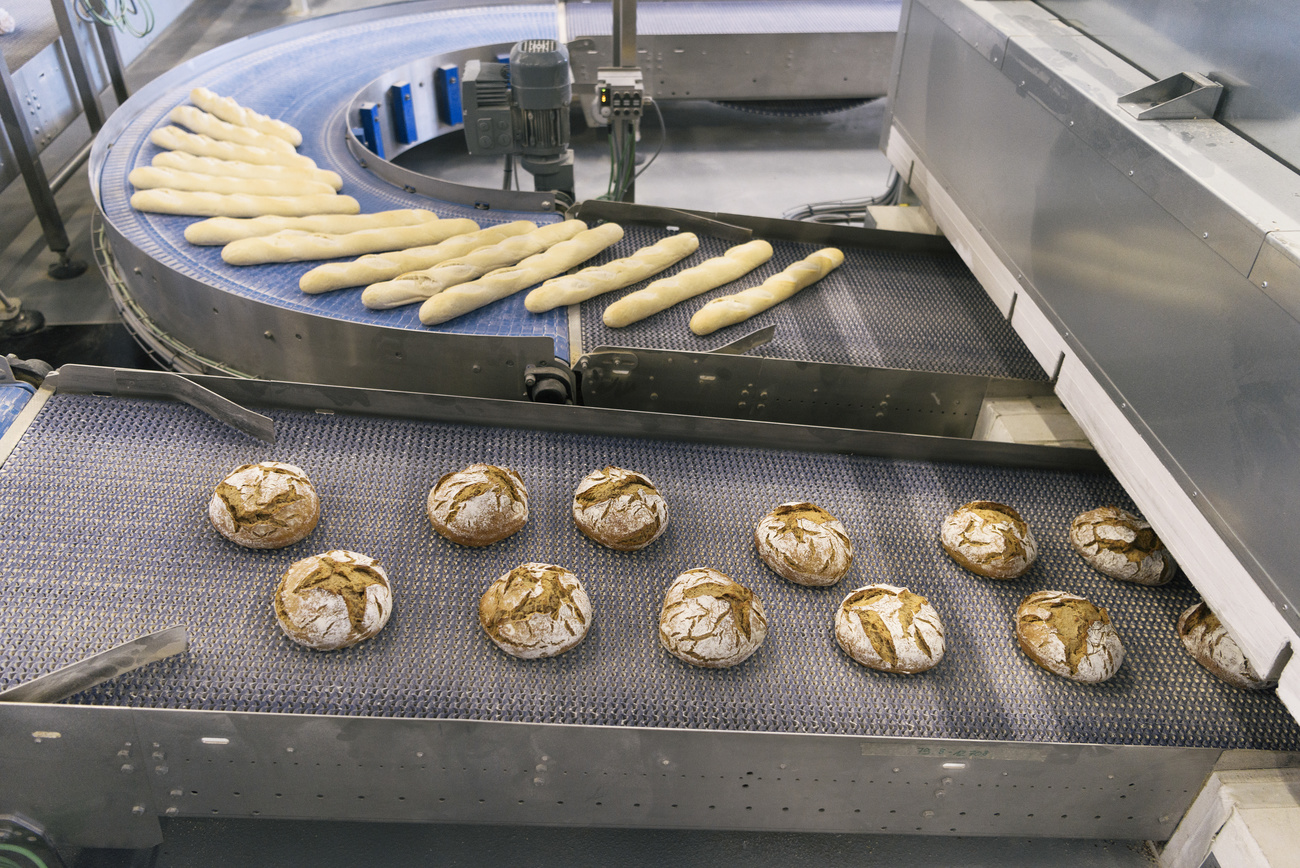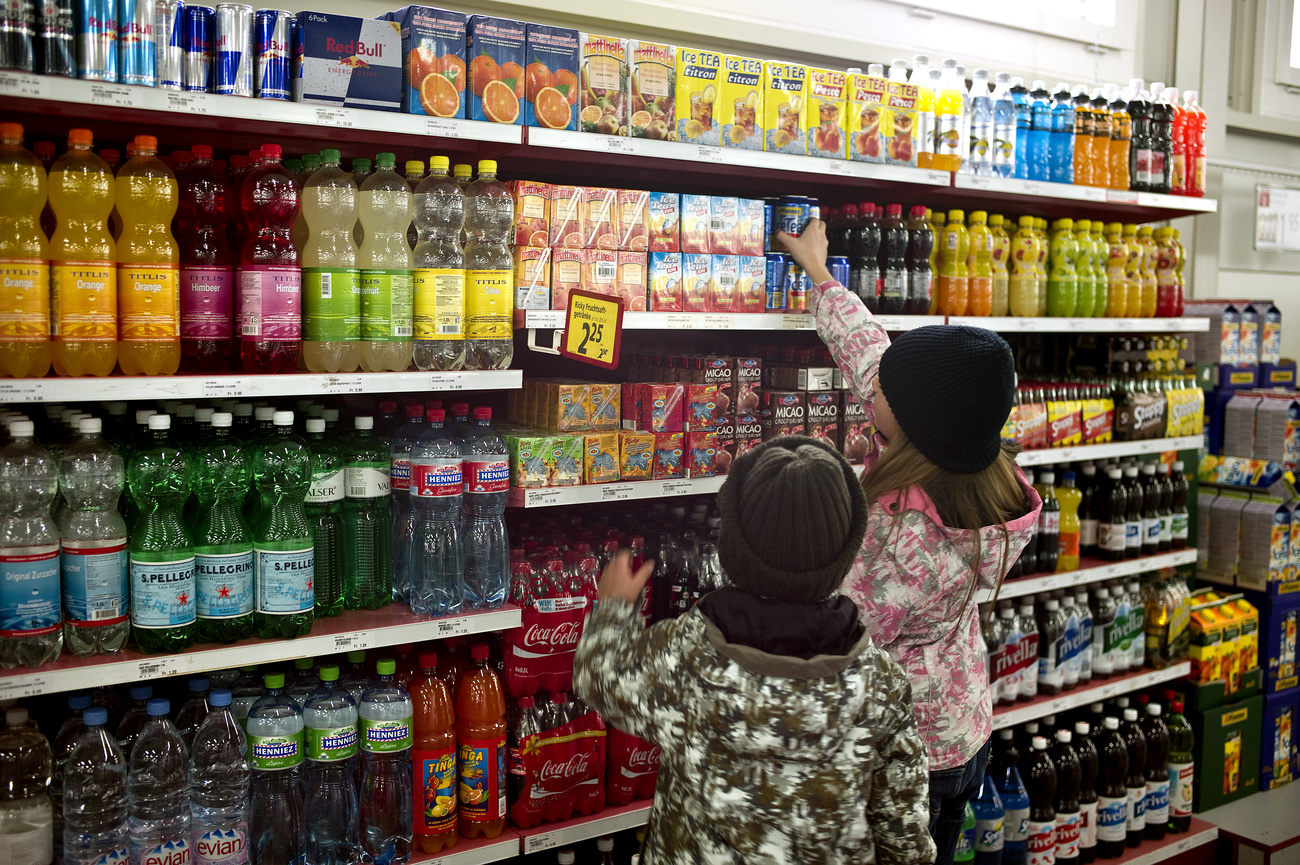
Salty food talks break down in Switzerland

Recent talks between the Swiss government and food producers and retailers like Coop and Migros to reduce the amount of salt in processed foods have failed, it has been confirmed. But firms are prepared to put 10% less sugar in soft drinks, milk drinks and cottage cheese.
The negotiations over the past few months, part of the “Milan Declaration”, failed as the proposed salt reduction targets are not supported by industry, a spokesperson for the Federal Food Safety and Veterinary Office (FSVO) told Keystone-SDA news agency on Sunday, confirming a Sonntagszeitung report.
They broke down mainly because companies were not allowed to use substitute products for salt. The federal office is now studying which regulations to reduce salt in food work outside Switzerland. It is also examining legal measures that could lead to lower salt used in selected products.
Reducing salt intake reduces blood pressure and improves heart health, according to the World Health Organization (WHO).
Despite the failure over salt, the federal government achieved a breakthrough in getting companies to commit to reducing sugar in soft drinks, milk drinks and cottage cheese. All major companies are prepared to guarantee a 10% reduction in sugar by the end of 2024, the FSVO said, confirming a report in the NZZ am Sonntag. The list of companies will be published in early 2023.

More
Swiss supermarket products for children have too much sugar
This is an important step in the efforts to reduce sugar intake in Switzerland, the federal authorities say.
In 2015, an agreement was reached under the “Milan Declaration” for a reduction of sugar in yoghurts and breakfast cereals. In 2019, 14 companies agreed to reduce the sugar content of yoghurts by a further 10% and that of cereals by 15% by 2024. The further reduction of sugar mixed in soft drinks, milk drinks and cottage cheese, will feature in an annex to the “Milan Declaration”.
According to the “Swiss Nutrition Atlas”, produced by economists from the University of St Gallen, Swiss adults eat on average eight grammes of salt per day while the recommended daily intake is 5g (approximately one teaspoonful). The population also eats 83g of sugar a day, mostly sweets and beverages, and 85g of fat, mainly from dairy products like cheese, cream and yoghurt, the NZZ am Sonntag reported.
But according to Marc Linzmajer, assistant professor at the University of St. Gallen and one of the authors of the study: “In the debate about nutrition, we often have the feeling that we are doing a lot of things wrong. But we can now show that on average the Swiss population is not that far from the recommendations of the World Health Organization.”

In compliance with the JTI standards
More: SWI swissinfo.ch certified by the Journalism Trust Initiative





























You can find an overview of ongoing debates with our journalists here . Please join us!
If you want to start a conversation about a topic raised in this article or want to report factual errors, email us at english@swissinfo.ch.